Comprehensive Guide to C Programming Libraries - C Programming Insights
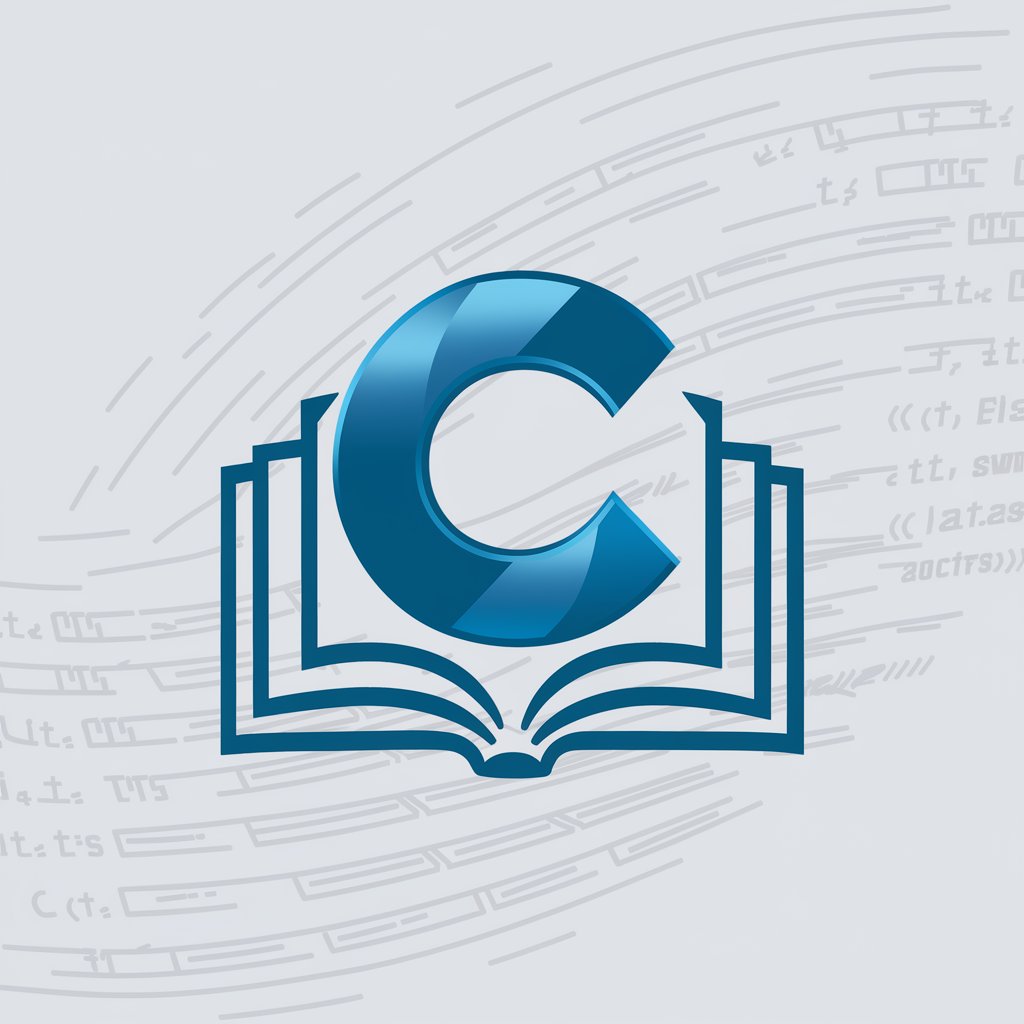
Welcome! Let's explore C programming libraries together.
Elevate Your C Programming with AI-Powered Guidance
Explain the use of the 'printf' function in C with examples.
Describe the data structures available in the 'glib' library.
Provide best practices for memory management in C.
What are the key features of the 'pthreads' library in C?
Get Embed Code
Overview of Comprehensive Guide to C Programming Libraries
The Comprehensive Guide to C Programming Libraries serves as an extensive resource for developers and programmers working in the C programming environment. Its primary function is to demystify the vast ecosystem of C libraries, which are crucial for building efficient and robust applications. The guide meticulously details the functionalities, data structures, and algorithms encapsulated within various C libraries, providing users with practical examples, usage guidelines, and best practices. It aims to bridge the gap between complex library functionalities and the developer's needs, ensuring a smoother development process. For instance, it would elaborate on the intricacies of the 'stdio.h' library, demonstrating how functions like 'printf' and 'scanf' can be used for input and output operations, accompanied by code snippets and scenario-based examples. Powered by ChatGPT-4o。

Core Functions of Comprehensive Guide to C Programming Libraries
Function Documentation
Example
Explaining 'malloc' from 'stdlib.h' including its parameters, return value, error handling, and a sample code to demonstrate dynamic memory allocation.
Scenario
A developer needs to allocate memory dynamically for an array whose size is determined at runtime. The guide provides a clear example, showing how to use 'malloc' for this purpose, and how to check for allocation errors.
Best Practices
Example
Guidance on using 'fgets' over 'gets' to prevent buffer overflow, with code examples illustrating safe buffer handling.
Scenario
When reading strings from standard input, a developer can refer to the guide to understand why 'fgets' is a safer alternative to 'gets', preventing security vulnerabilities in their code.
Performance Optimization
Example
Tips on efficient usage of 'qsort' for sorting large datasets, including choosing appropriate comparison functions.
Scenario
A developer working on a data analysis tool needs to sort large datasets efficiently. The guide explains how to leverage 'qsort' effectively, enhancing the tool's performance.
Target Audience for Comprehensive Guide to C Programming Libraries
Beginner Programmers
Individuals new to C programming will find the guide invaluable for understanding basic library functions, data structures, and algorithm implementations, easing their learning curve.
Experienced Developers
Seasoned professionals can leverage the guide to delve deeper into less familiar libraries, uncover advanced functionalities, and adopt industry best practices for more efficient coding.
Educators and Trainers
Teachers and mentors in programming can utilize the guide as a comprehensive teaching resource, offering students well-structured, example-rich content on C libraries.

How to Use Comprehensive Guide to C Programming Libraries
Start Your Journey
Initiate your experience by accessing yeschat.ai for a complimentary trial, bypassing any need for login or a subscription to ChatGPT Plus.
Identify Your Needs
Determine the specific C programming challenge you're facing, whether it's understanding a library function, debugging, or optimizing code.
Explore Library Functions
Use the guide to delve into detailed explanations of functions, including parameters, return values, and practical examples.
Apply Knowledge Practically
Incorporate the provided code examples into your projects, modifying them as necessary to fit your specific requirements.
Utilize Advanced Features
Take advantage of advanced tips on performance optimization, error handling, and compatibility considerations to enhance your programming skills.
Try other advanced and practical GPTs
AviatorGPT
Navigating aviation knowledge with AI power
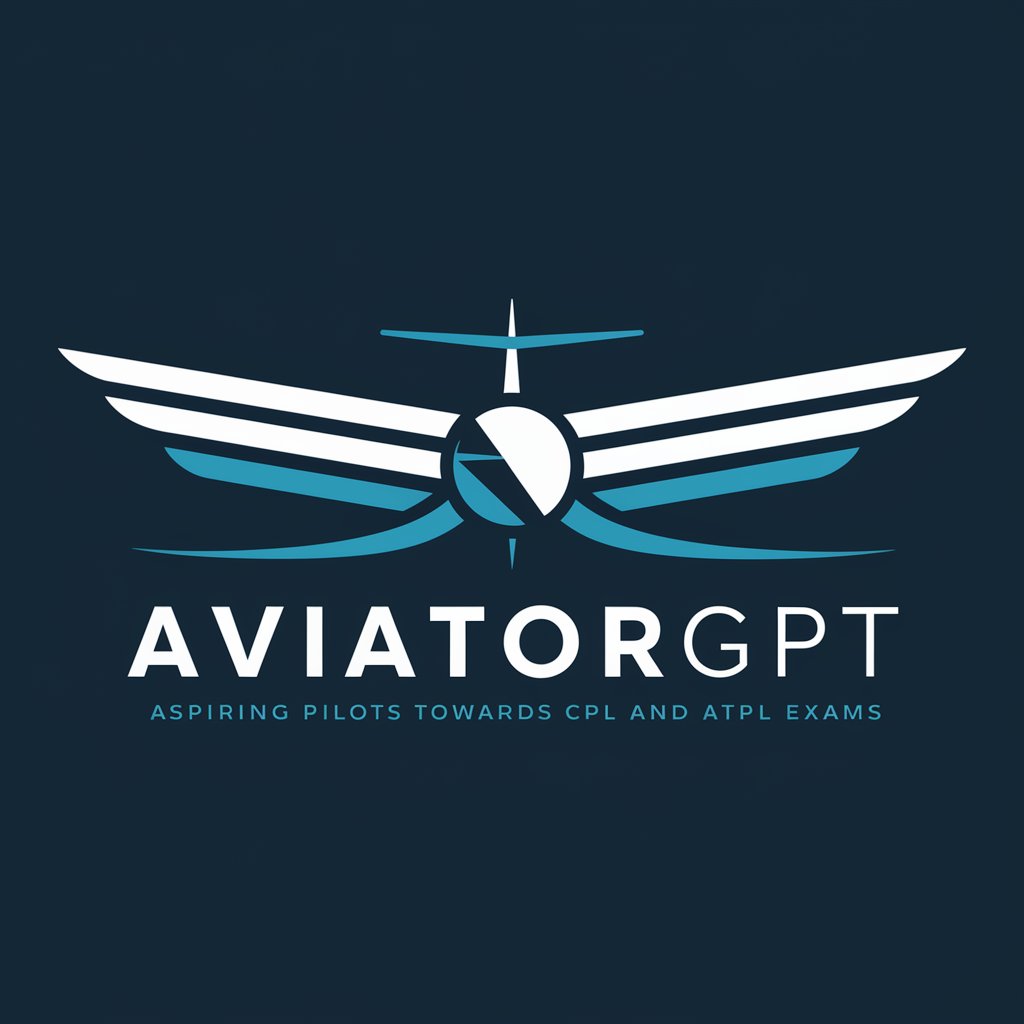
hyperfocus
AI-powered Focus for Task Completion
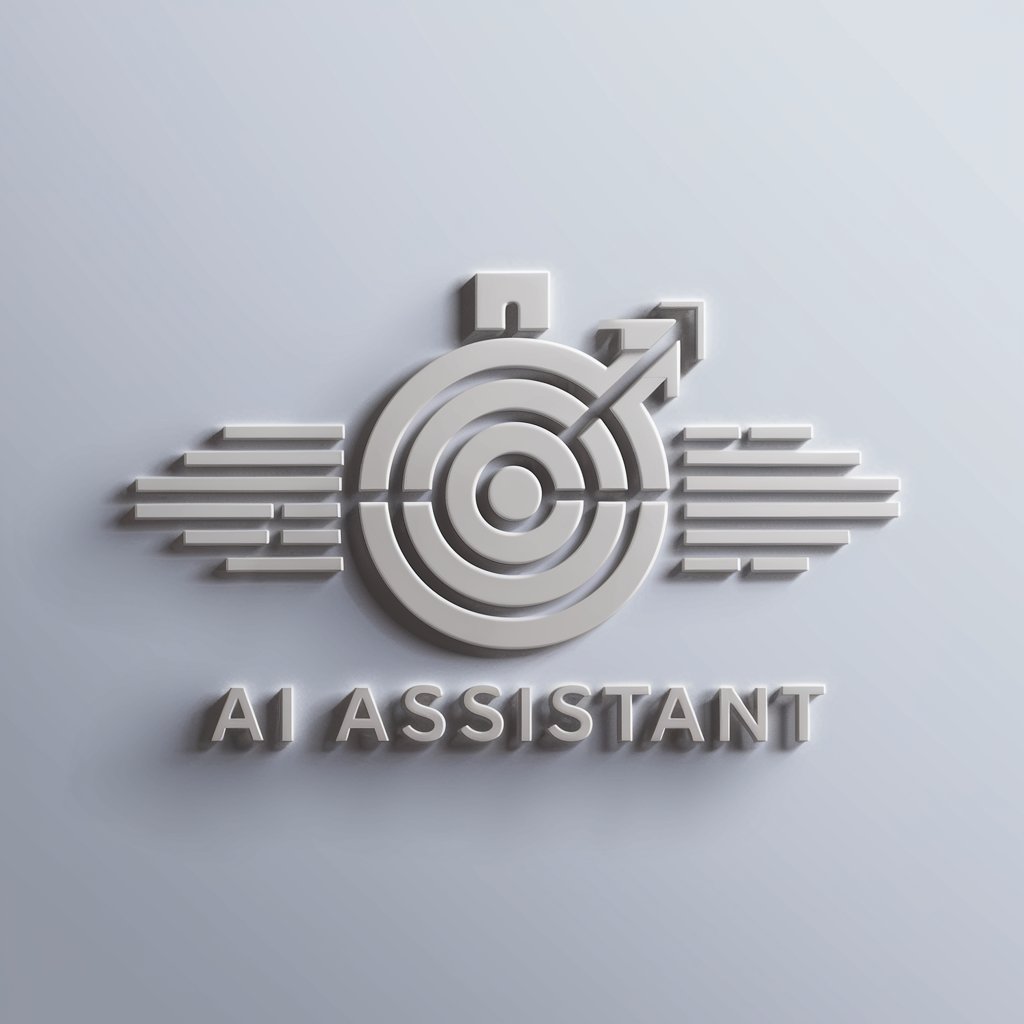
School Comms Summarizer
Summarize school communications effortlessly.
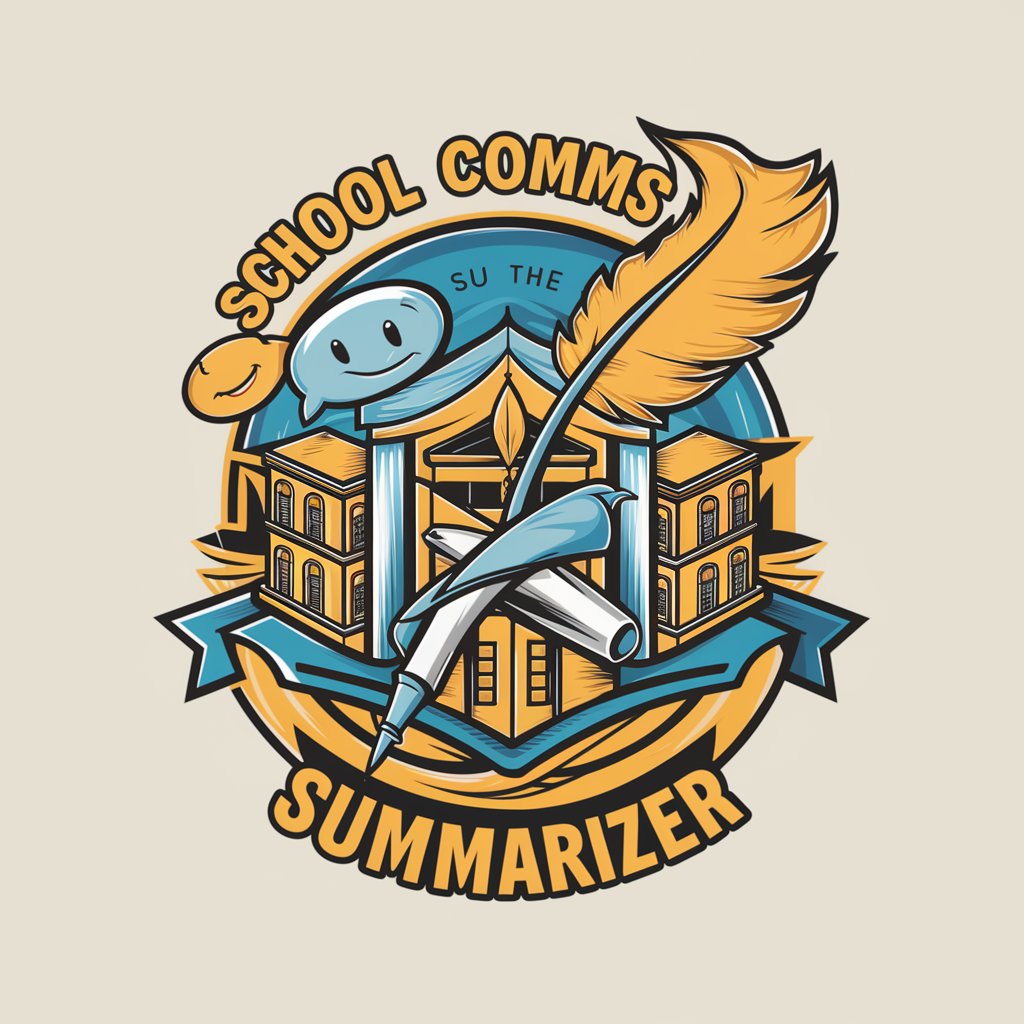
Safe Haven
Empathetic AI for Personalized Interaction
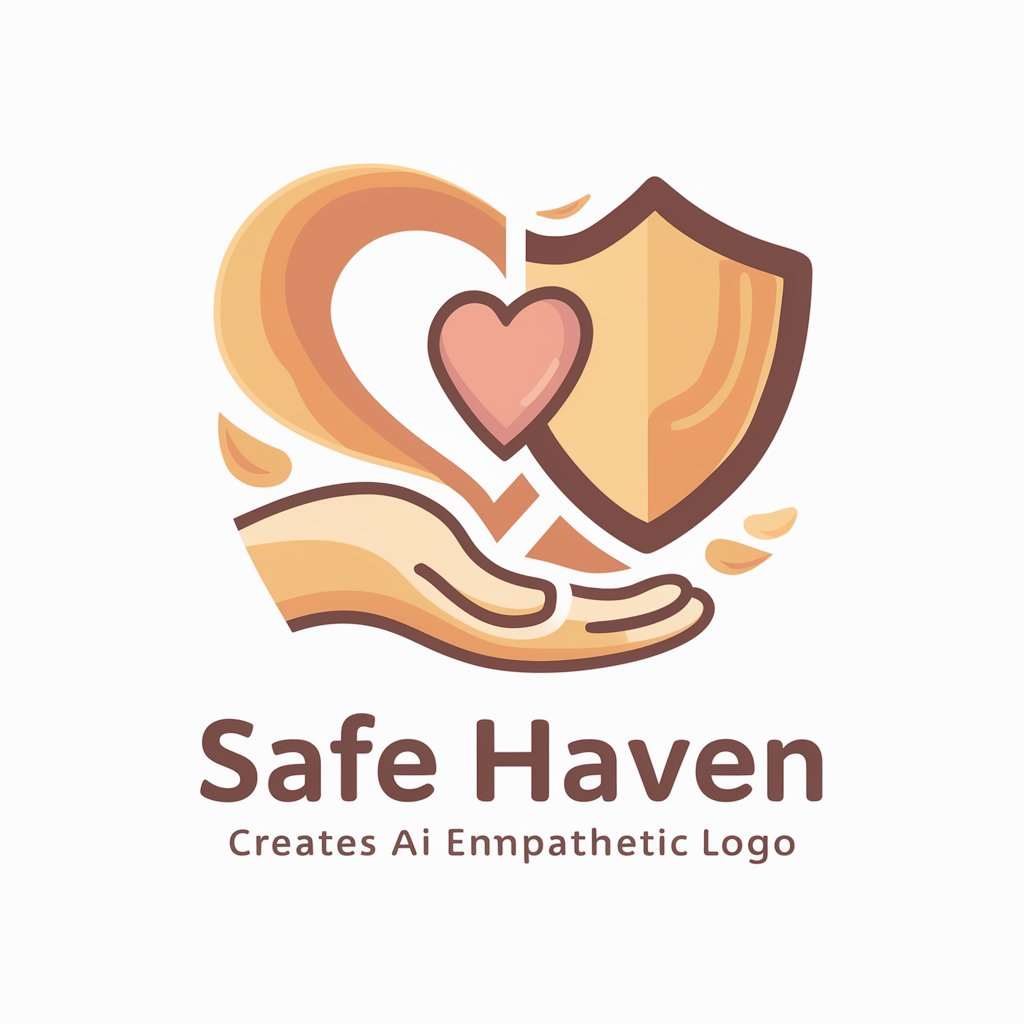
Comedy Comrade
Craft, Structure, and Deliver Jokes Seamlessly

Policy Simplifier
Transforming complex policy into clear action
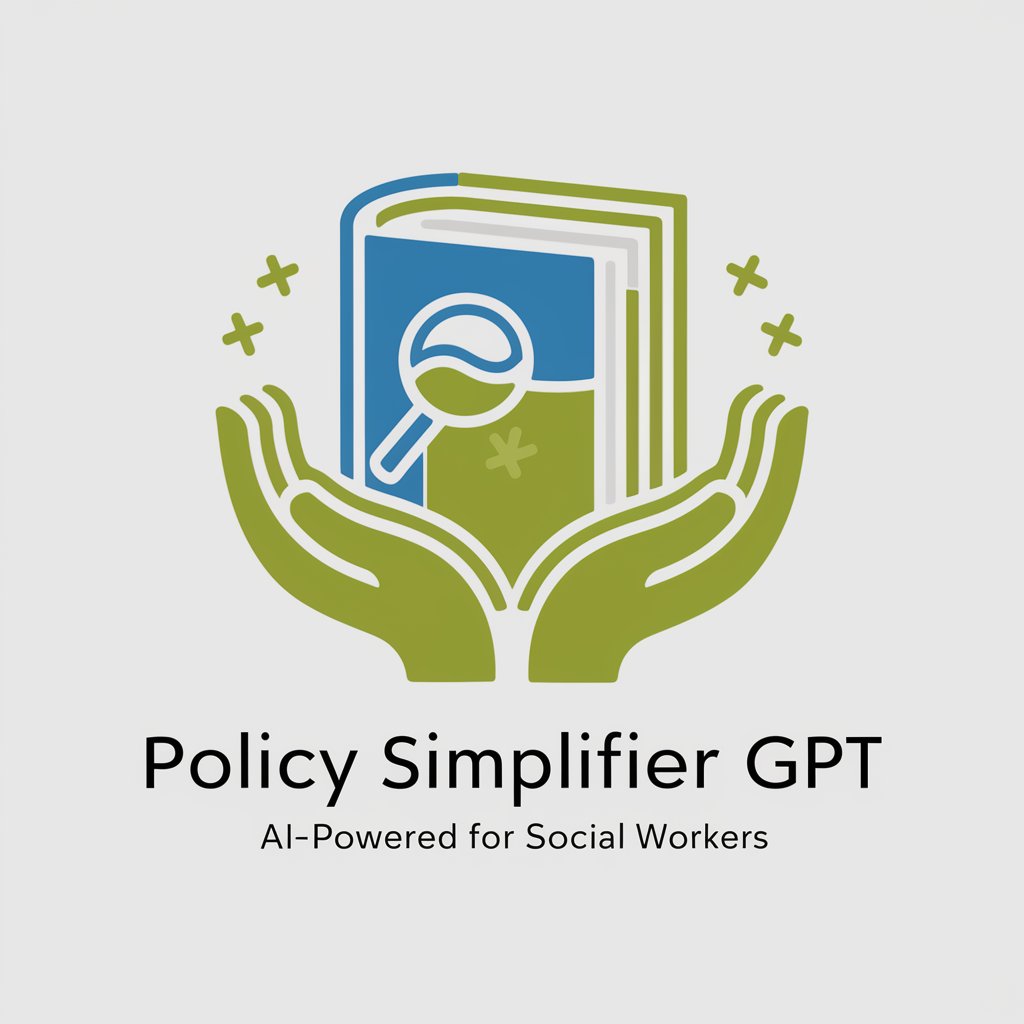
Pricing Consultant GPT
Optimize Pricing with AI Insights

IT, AI Consulting Firm
Empowering IT with AI Intelligence

C++ Cloud Deployment: Scaling New Heights
Empowering C++ Cloud Scalability
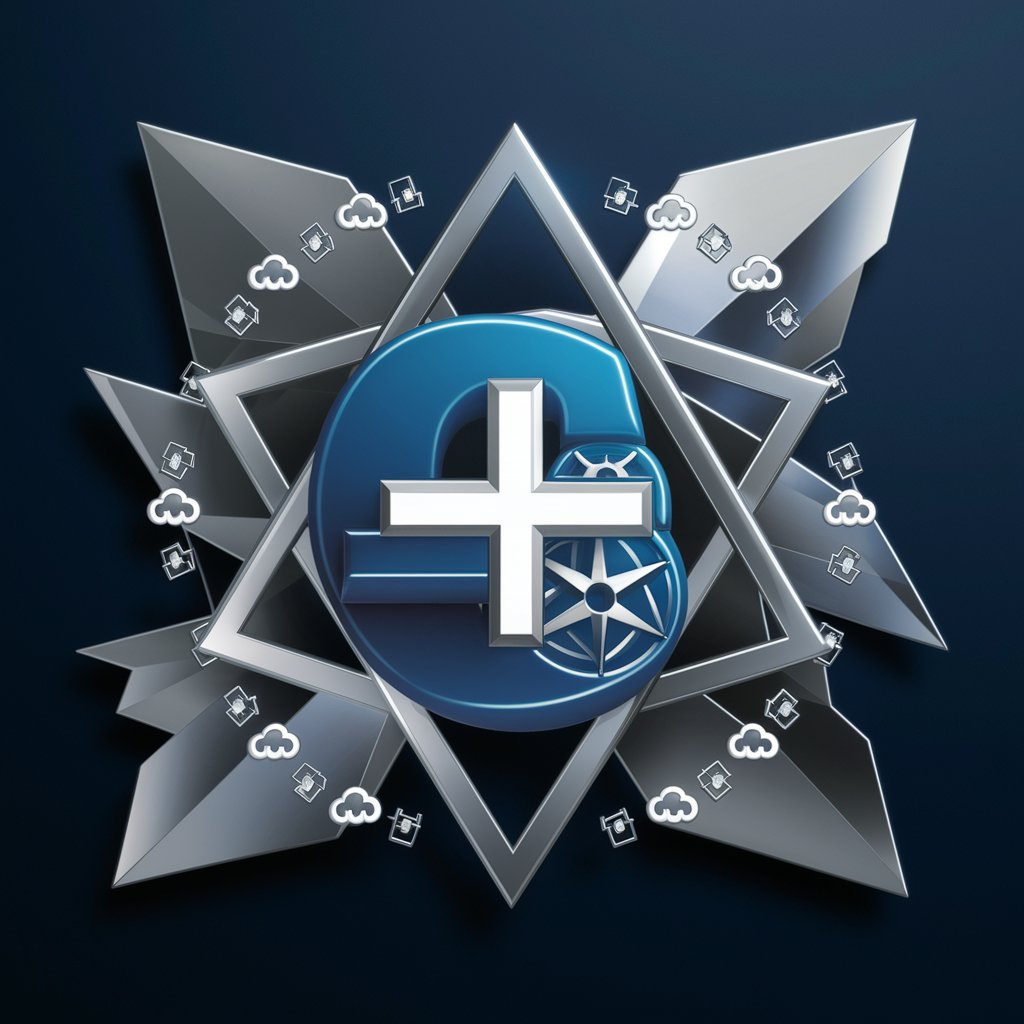
Content Guide GPT
Empower Your Content with AI
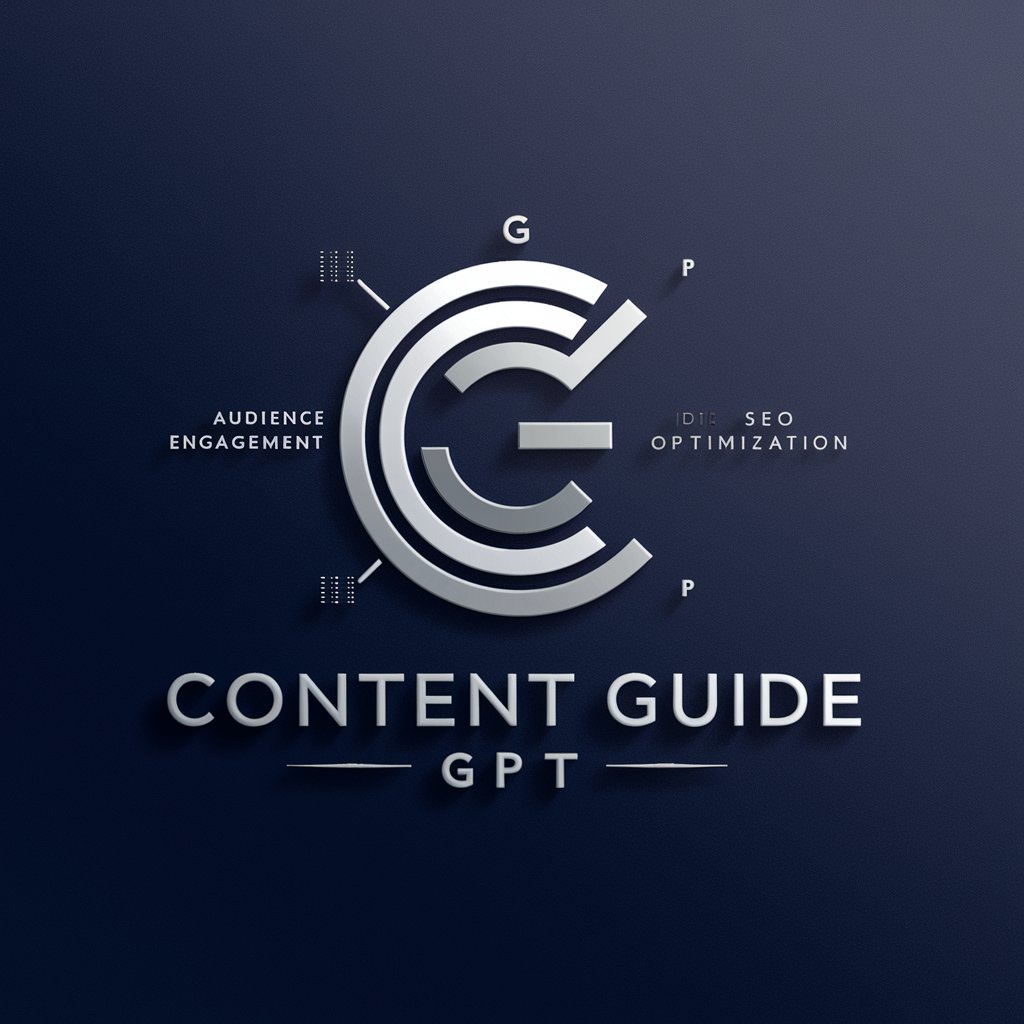
Content Strategist GPT
Crafting Strategies, Driving Engagement
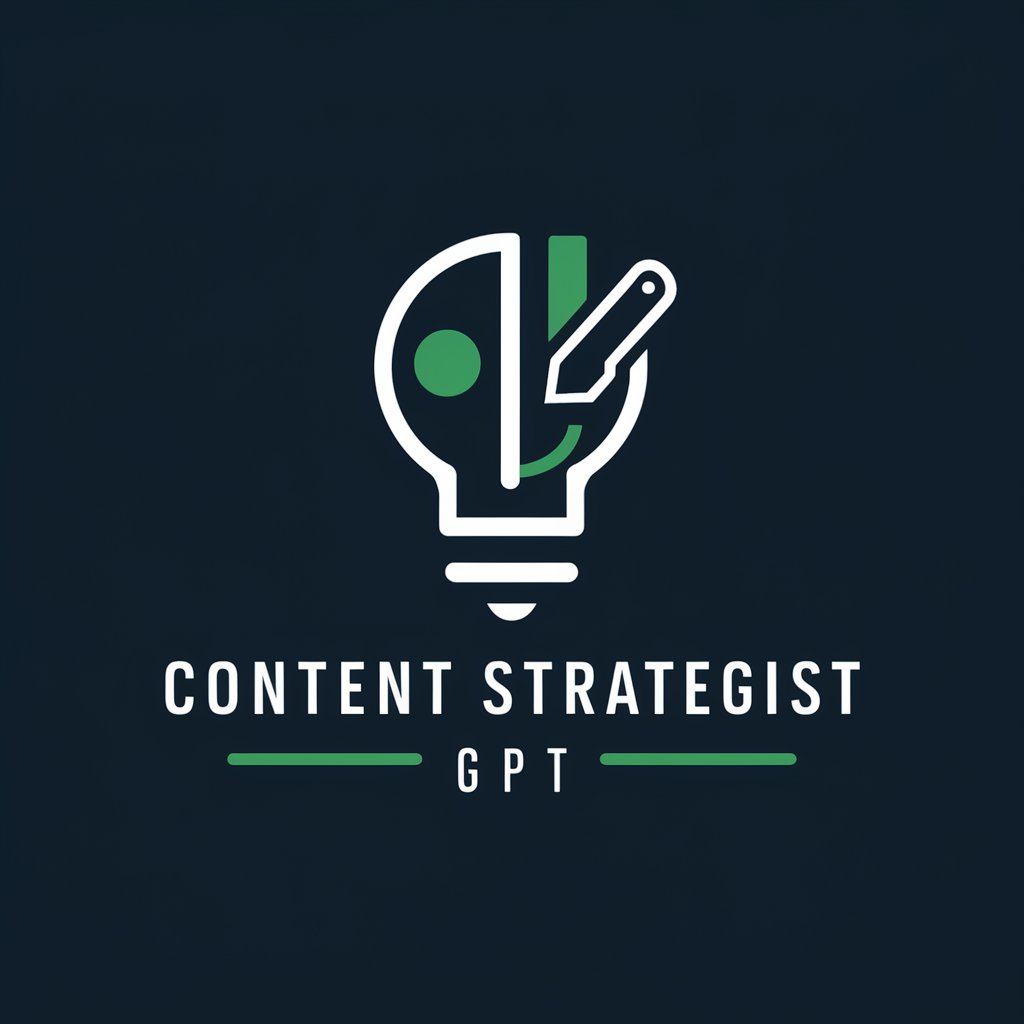
English Teacher GPT
Empowering your English journey with AI.
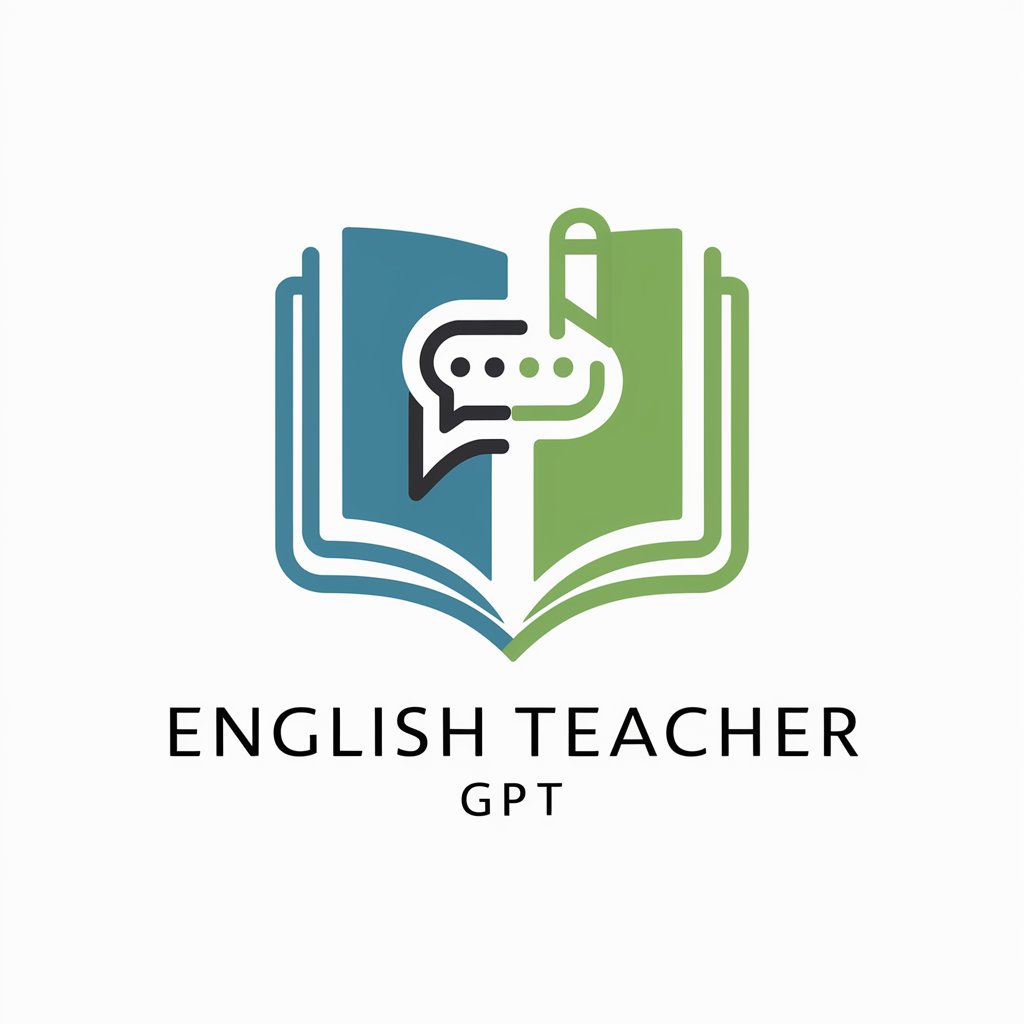
FAQs on Comprehensive Guide to C Programming Libraries
What makes this guide different from other programming resources?
This guide distinguishes itself by offering in-depth, clear, and practical explanations of C library functions, complete with real-world use cases, best practices, and detailed code examples.
Can beginners use this guide effectively?
Absolutely. The guide is designed to be accessible to programmers at all levels, with straightforward explanations and step-by-step code walkthroughs to aid comprehension.
How current is the information in the guide?
The guide is regularly updated to reflect the latest developments in C programming, ensuring that users have access to the most current information and best practices.
Does the guide cover error handling in C programming?
Yes, it includes comprehensive coverage on error handling, offering strategies to identify, debug, and resolve common and complex errors in C programming.
Are there resources for advanced C programmers?
Definitely. Besides foundational topics, the guide offers advanced insights on performance optimization, complex data structures, and algorithmic challenges, catering to experienced programmers looking to deepen their expertise.
